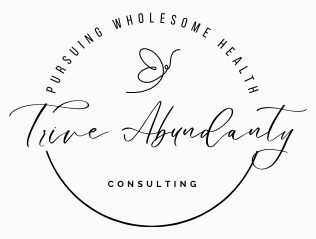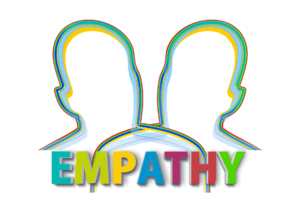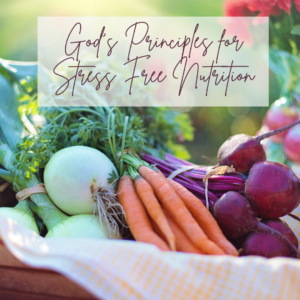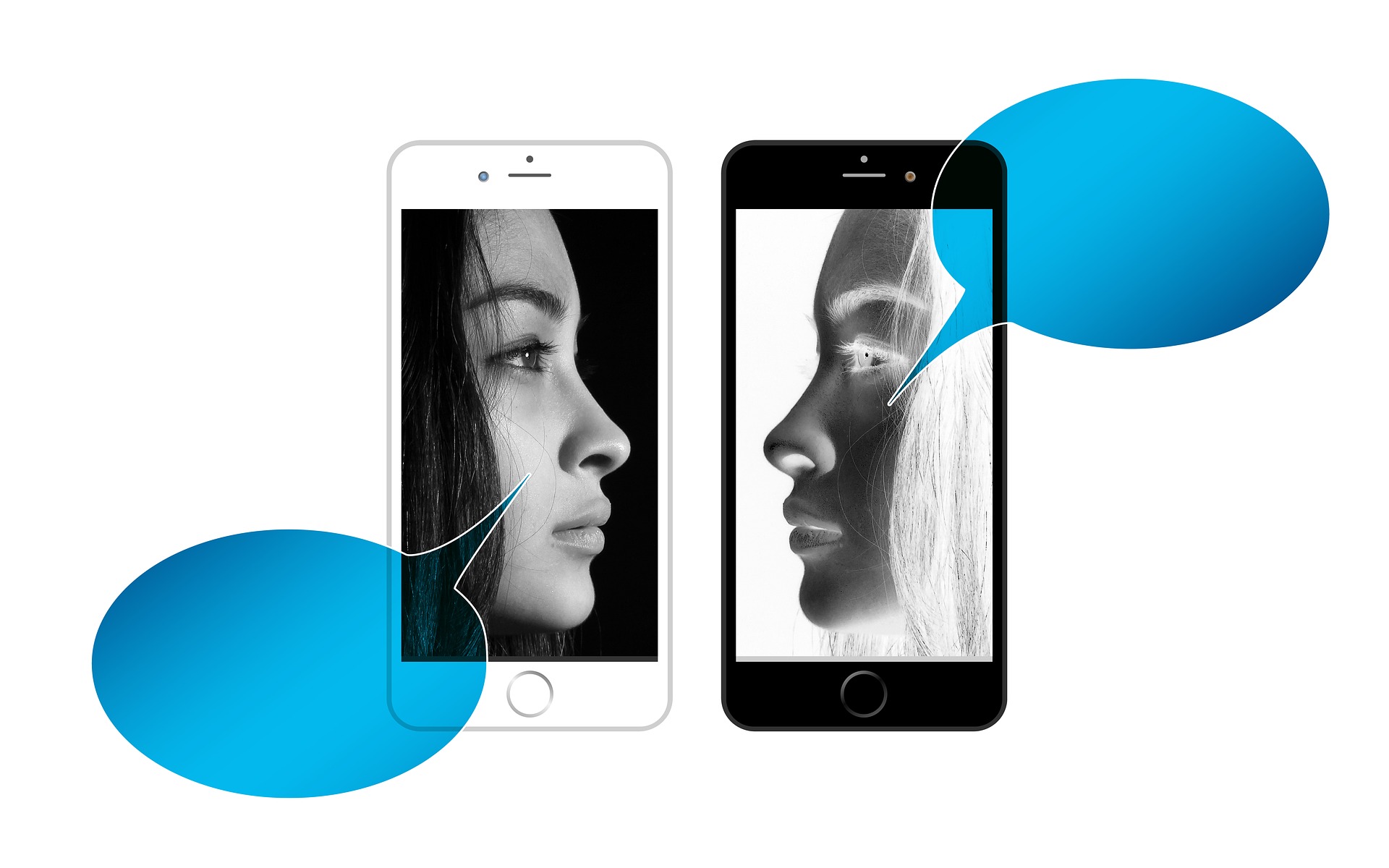This is post 21 in the Living Fully Alive blog series. Please consider reading the posts in the order they have been published for the best learning experience.
The past six weeks of class feel like they have flown by. Lots of things have been stirred up as we enter the second half of this journey. It has been rather eye opening for me so far. So much of this has not been completely new and yet, the way it has been presented has created so many light-bulb moments and aha’s. Maybe it’s because I am so very much in the middle of life right now not going smoothly, that everything seems just more applicable. I am getting a lot out of it and I hope you are too!
My daughter is probably going to get sick of my new insights soon. As part of our home-school routine I read books out loud to her. Ever since starting this class, I have started seeing things happen with characters that I can suddenly label or identify. Or I find myself trying to analyze the character’s personality type. It helps, of course, that we have a great book list; our curriculum is making some great choices for us, and it shows now. The characters are ‘behaving’ like they are real people with actual triggers, provers, unresolved pain and lack of validation and more. If you like to read, you might want to pick up a good book and see how it makes reading more fascinating now that you have some vocabulary and understand some dynamics about this kind of stuff. It’s fun!
This post ties into, or rather builds on the last few posts. We are going to dive deep into how important our relationship to ourselves is. Many of us have probably never been actually taught that we are in a relationship with ourselves. Or if we are sort of aware that such a relationship exists, we have a very fuzzy understanding of the part we play in it and if it’s normal or not healthy.
Whether you have a conscious and healthy relationship with yourself or not, today we explore why it is so very important. Did you ever think about the fact that you have been with you since your first day on earth, and you will still be with you on your last? Other people will be in your life for a season, some for many seasons, but no one will be with you twenty-four hours a day from start to finish, except you. You cannot catch a break from yourself. If you need a break from others you can leave, go on a retreat, or hide out in your room, but you’ll still be there. How challenging if you actually don’t want to be with yourself! If we got to choose who our constant life companion was, we would make sure it would be someone we trust and love, right? Would we try to be on good terms with that person? I think most of us would.
This topic brings us back to self-talk. I mentioned before that I am not really that verbal with myself. Whatever I may say to myself is nonverbal and in the subconscious most of the time. I don’t know how others find it so easy to connect with how they talk to themselves. They are able to rattle off all sorts of phrases they hurl at themselves. “You are never going to be successful. You are ugly. You are such a loser. No one is ever going to want to be with you. You will always fail. I hate you. I wish you weren’t so this or so that.” I just sit here and wonder, what do I tell myself? I have a really hard time identifying or discerning it. Hopefully I will get better at this. I wonder if my struggle with identifying what I say to myself is indicative of me having disconnected from myself. It’s funny, when you start getting all this training, you suddenly wonder, is it this or is it that, does this apply or should I diagnose myself with this coping mechanism? I guess it’s not all that important; what is important is that I grow in self-awareness and grow in being kinder to myself.
Why should we care what our relationship with ourselves is? Many reasons, but Abi and Justin mentioned that our relationship with ourselves creates the map for how others will treat us. That puts a new spin on things for me. It could be a back-door investigation for me to figure out what my relationship with myself is. Do I like how others treat me? How do they treat me? Is that how I treat myself? If it is, then I can get an idea of what kinds of things I probably think of myself or subconsciously tell myself. This could get a bit tricky, because we also don’t want to fall into the trap of not connecting with ourselves and letting circumstances tell us what we must be thinking. I think it’s ok to use this approach as part of the investigation, but I don’t want to rely on only this either.
Abi explained that one day, as she was hating on herself, God revealed to her that she was already in a relationship with herself, and that she was setting herself up for a bad fall by being divided against herself.
Matthew 12:25 “Any kingdom divided by civil war is doomed. A town or family splintered by feuding will fall apart.”
Hopefully you don’t fall into this category, but apparently it is not unusual for self to be in an abusive relationship with self. If you do fall into this category however, know you are not alone and aren’t the first to learn to become kind and nurturing to yourself. I already gave some examples of verbal abuse. I think what we do to ourselves also constitutes as abuse. What I mean by that is if I don’t feed my body what it needs to operate well, if I skimp on sleep regularly, if I push myself harder than my body is able to keep up with, those are all things I would not subject anyone else to, exactly because it is abusive. However, I have pushed myself, not given my body what it needs, etc. I need to look at myself in a holistic way as I examine my relationship with myself, not just the thoughts I think and the words I say but also the things I do or don’t do.
Some people may feel strange thinking about talking nicely to themselves, it seems just a bit out there. But most of those same people won’t feel it’s odd to be negative toward themselves. Somehow it is ok in many people’s minds to speak negatively to themselves, but when considering positive talk, it all of a sudden seems weird. How do you feel about this?
The way I was introduced to positive affirmations was not from a very Christian perspective, more a new age approach. Coming from them it felt like they were just launching spells into the air, or declare wishful thoughts, hoping they will somehow become reality. I always felt odd thinking about saying affirmations the way they encouraged to do it. But I came across the same idea from some Christian teachers, and I was beginning to get more interested about whether they were just blending their Christian beliefs with new age, or if there was more to it than I had previously been taught. I finally happened to see a negativity fast announcement by Steve Backlund, which got me started on the journey of realizing, speaking to myself has a lot of value and is important. I just did the free program that time, but later, he announced a 100-declarations-a-day challenge, where there was an option to pay a small fee in order to get some more teaching and help on the journey. It was way worth the investment. The small fee included a couple of books that go into much more detail about declarations, and touch on the whole topic of positive affirmations as well. Later, in a Dr. Leaf talk, positive affirmations got addressed from a neuroscientist standpoint, emphasizing how it’s not enough to just say stuff if you don’t work through why you have not believed it, or don’t believe it, and how to fix the thinking before applying the affirmations or declarations. All of these varying talks, books, articles and thinking tied everything together for me enough, to feel I had a sufficiently decent understanding of it to begin talking to myself. If I’m ever not sure, I stick with Scriptures, that can never go wrong!
If you’d like to check these resources out, here are some of the ones that helped me gain a better understanding of self-talk, declarations and affirmations.
To learn more about the Living Fully Alive Course, please click the hyperlink.







